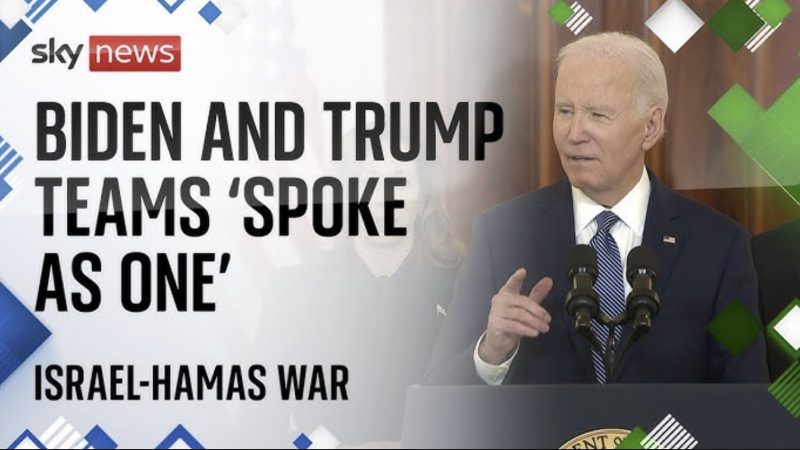Virginia blocked from purging voter rolls of alleged noncitizens

Voters wanting to cast an early vote line up outside the Elena Bozeman Government Center for a polling station to open in Arlington, Virginia, on September 20, 2024.
– | Afp | Getty Images
A federal judge on Friday blocked Virginia from purging its voter rolls of alleged noncitizens and ordered the state to reinstate more than 1,600 people who had already been bounced from those lists.
Judge Patricia Giles in her ruling agreed with arguments by the U.S. Department of Justice, which said that the purge ordered by Gov. Glenn Youngkin on Aug. 7 was issued too close to Election Day.
Federal law bars states from systematically removing people from voter rolls within 90 days of an election.
The state quickly appealed Giles’ ruling, which came in U.S. District Court in Alexandria, Virginia, less than two weeks before Election Day, and as Vice President Kamala Harris and Donald Trump are locked in a tight race for the White House.
Youngkin’s order had required election officials to remove people from voter rolls who indicated on Department of Motor Vehicles forms that they were not citizens of the United States, or had left that section of the form blank.
The DOJ said in a court filing that 43 people in Prince William County who had been removed from voter rolls were likely U.S. citizens, and lawyers earlier this week confirmed that 18 American citizens were removed from voter rolls.
“How many more are there?” Giles asked rhetorically at a hearing Friday.
Giles said it was “not happenstance” that Youngkin had issued his executive order to purge the voter rolls exactly 90 days before Election Day.
She rejected a request to pause her ruling, despite an argument by Virginia’s lawyer Charles Cooper, who told her, “There are going to be hundreds of noncitizens back on these rolls.”
“Every time a noncitizen votes it cancels out a legal vote,” Cooper said.
Virginia Governor Glenn Youngkin, speaks at a breakfast for California Delegates at a hotel in suburban Milwaukee on the second day of the RNC on July 16th, 2024.
Sara Stathas | The Washington Post | Getty Images
Youngkin, in a statement after Giles’ ruling, said, “Let’s be clear about what just happened: only eleven days before a Presidential election, a federal judge ordered Virginia to reinstate over 1,500 individuals – who self-identified themselves as noncitizens – back onto the voter rolls.”
“Almost all these individuals had previously presented immigration documents confirming their noncitizen status, a fact recently verified by federal authorities,” the governor said.
“Virginia will immediately petition the Fourth Circuit Court of Appeals and, if necessary, the U.S. Supreme Court, for an emergency stay of the injunction,” Youngkin said.
A lawyer for the three non-DOJ plaintiffs in the case — the Virginia Coalition of Immigrants Rights, the League of Women Voters of Virginia, and African Communities Together — applauded Giles’ decision.
“The ruling is a big victory,” said the attorney, Ryan Snow, of the Lawyers’ Committee for Civil Rights Under Law. “All of the eligible voters who were wrongfully purged from the voter rolls will now be able to cast their ballots. No one should mess with a citizen’s right to vote.”
“The judge stopped the outrageous mass purge of eligible voters in Virginia,” Snow said. “The judge carefully considered the extensive record Plaintiffs put forth on a very short timeline and found that Virginia’s Purge Program clearly violates the National Voter Registration Act.”
The Republican nominee Trump blasted the ruling in a social media post later Friday.
“Sleepy Joe Biden and Comrade Kamala Harris ridiculously accuse me of wanting to “weaponize” the Justice Department, when they have done all of the weaponizing,” Trump wrote in the Truth Social post. “Now, their truly Weaponized Department of “Injustice,” and a Judge (appointed by Joe), have ORDERED the Great Commonwealth of Virginia to PUT NON-CITIZEN VOTERS BACK ON THE ROLLS.”
“This is a totally unacceptable travesty,” added Trump, who also said he hoped the U.S. Supreme Court would “fix it.”
Read the original article here






